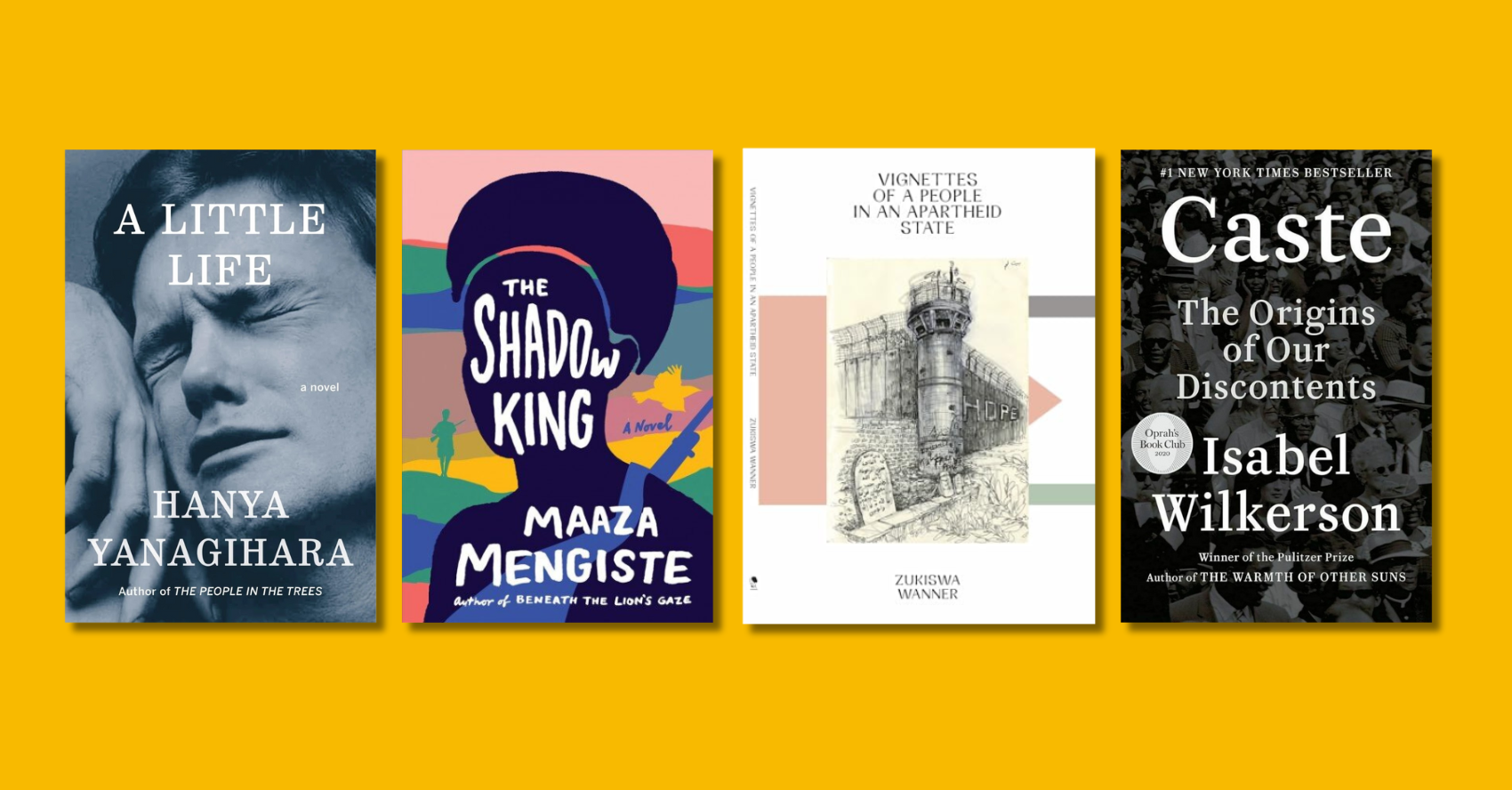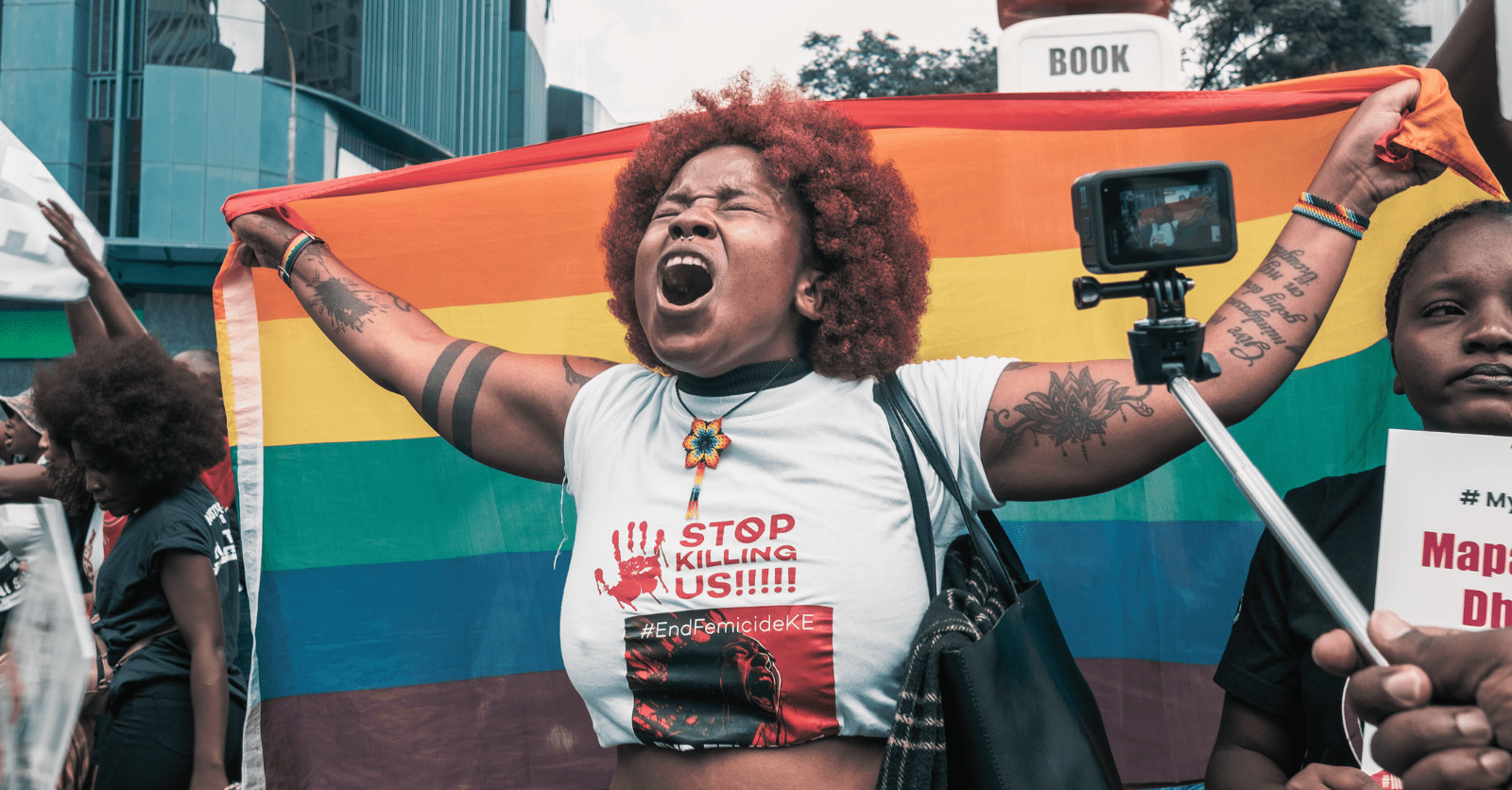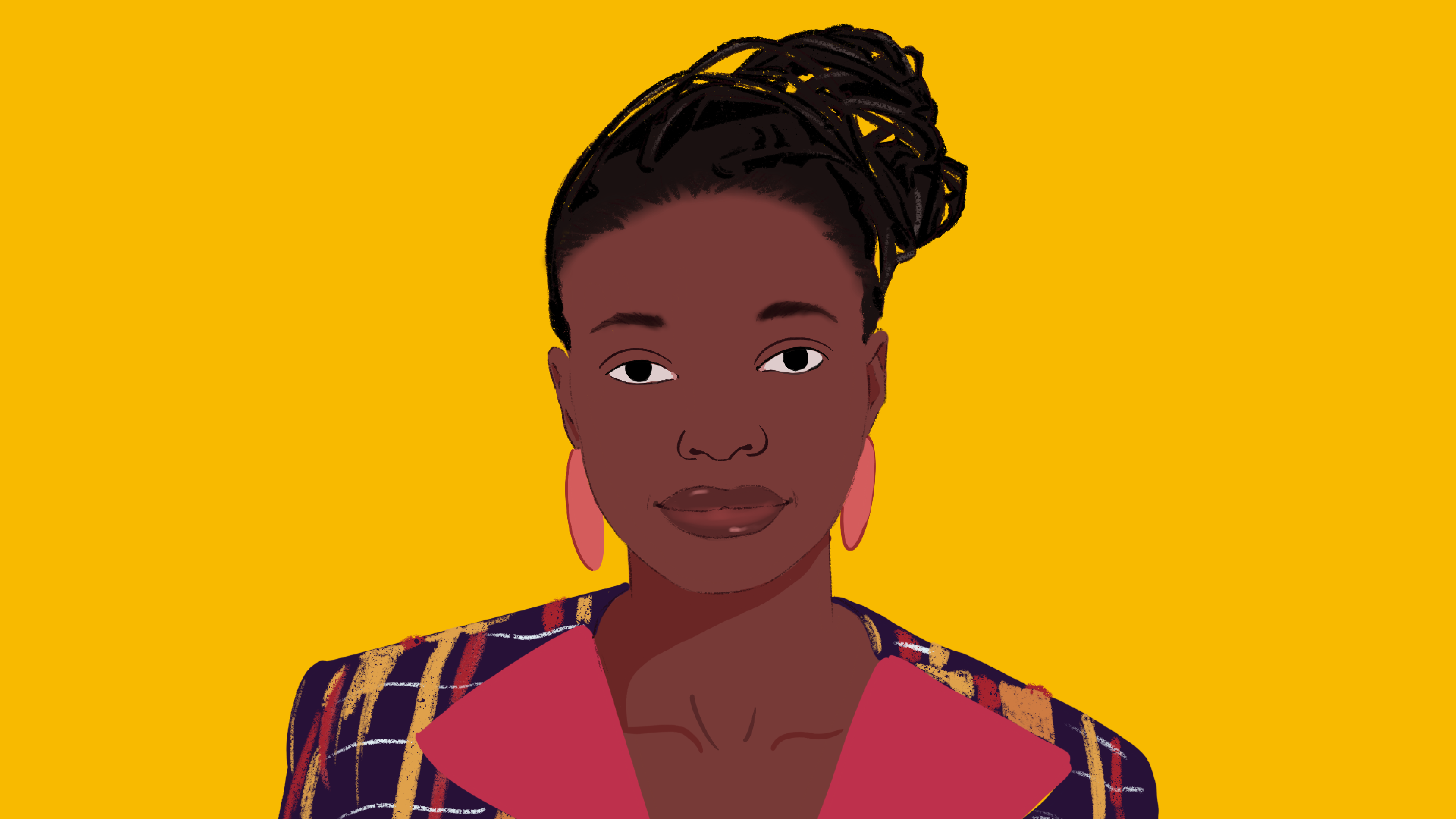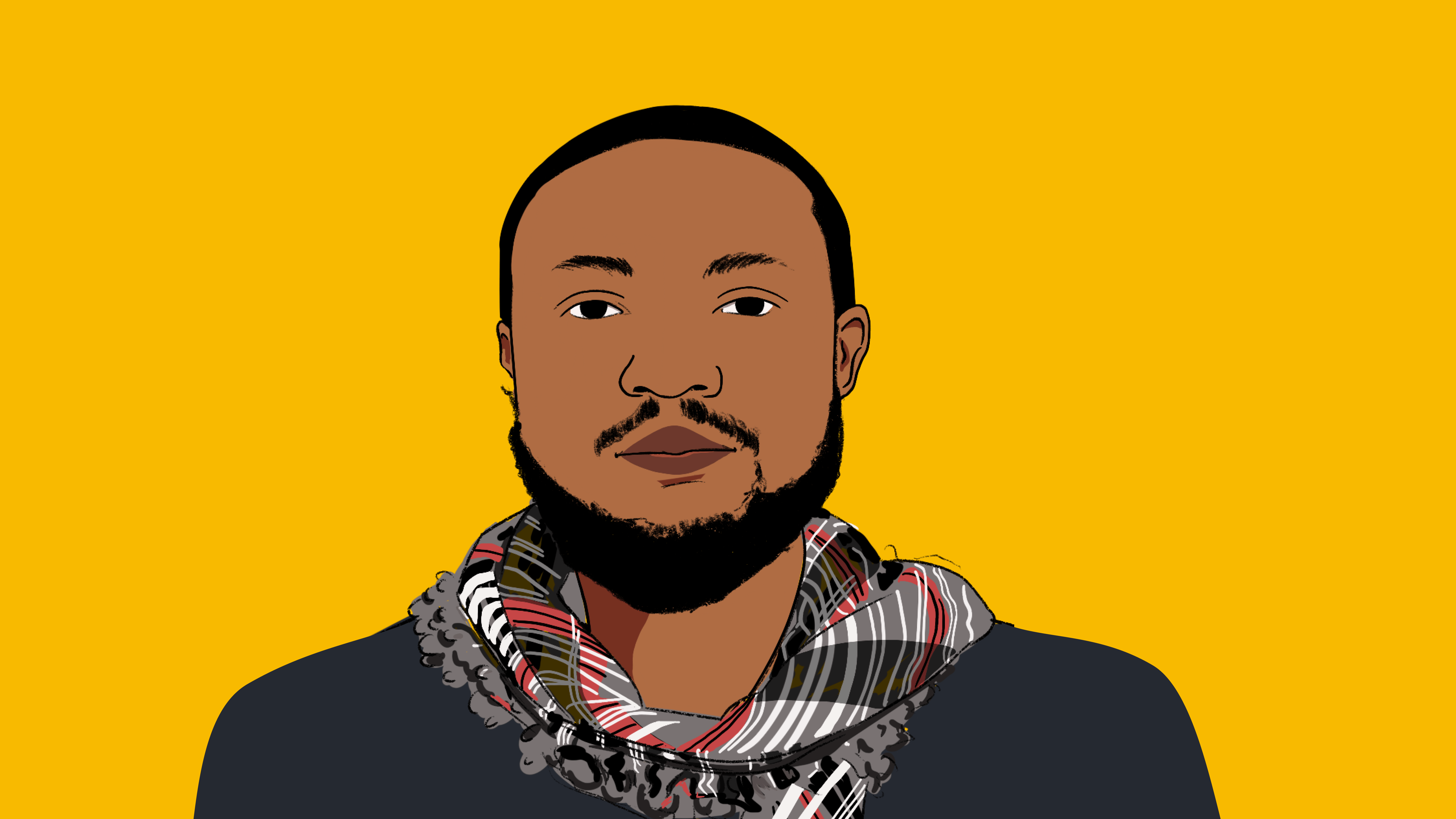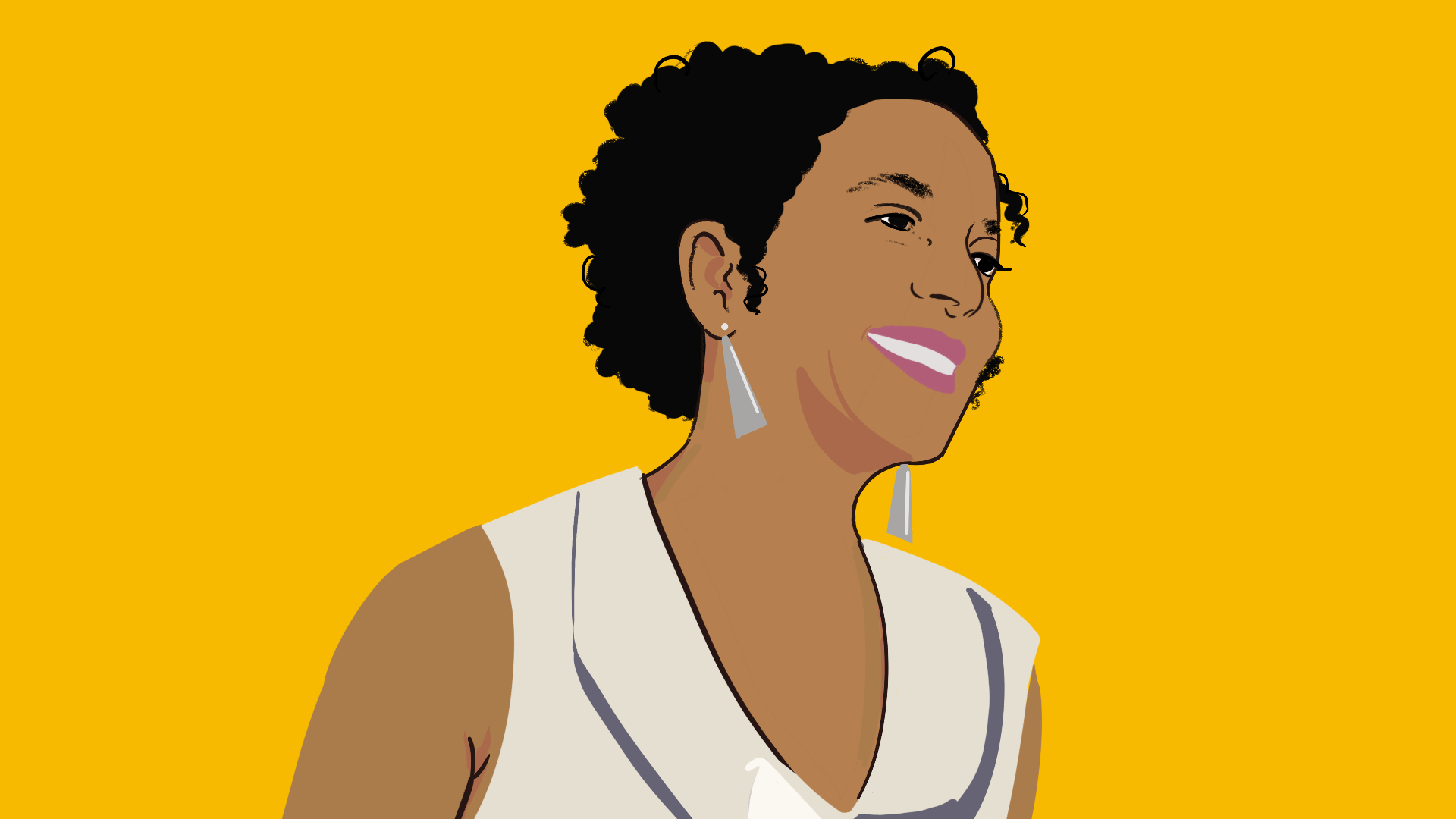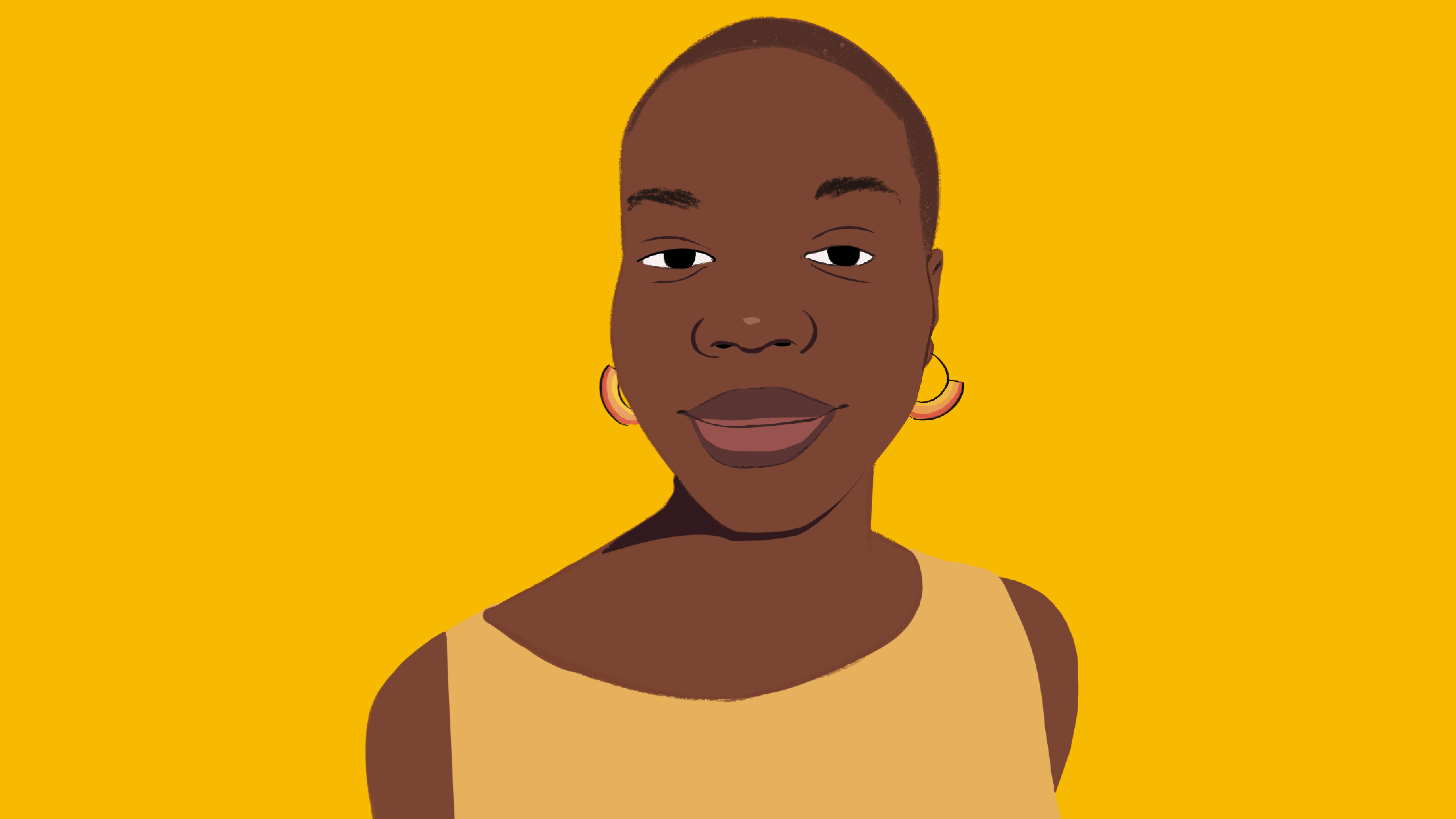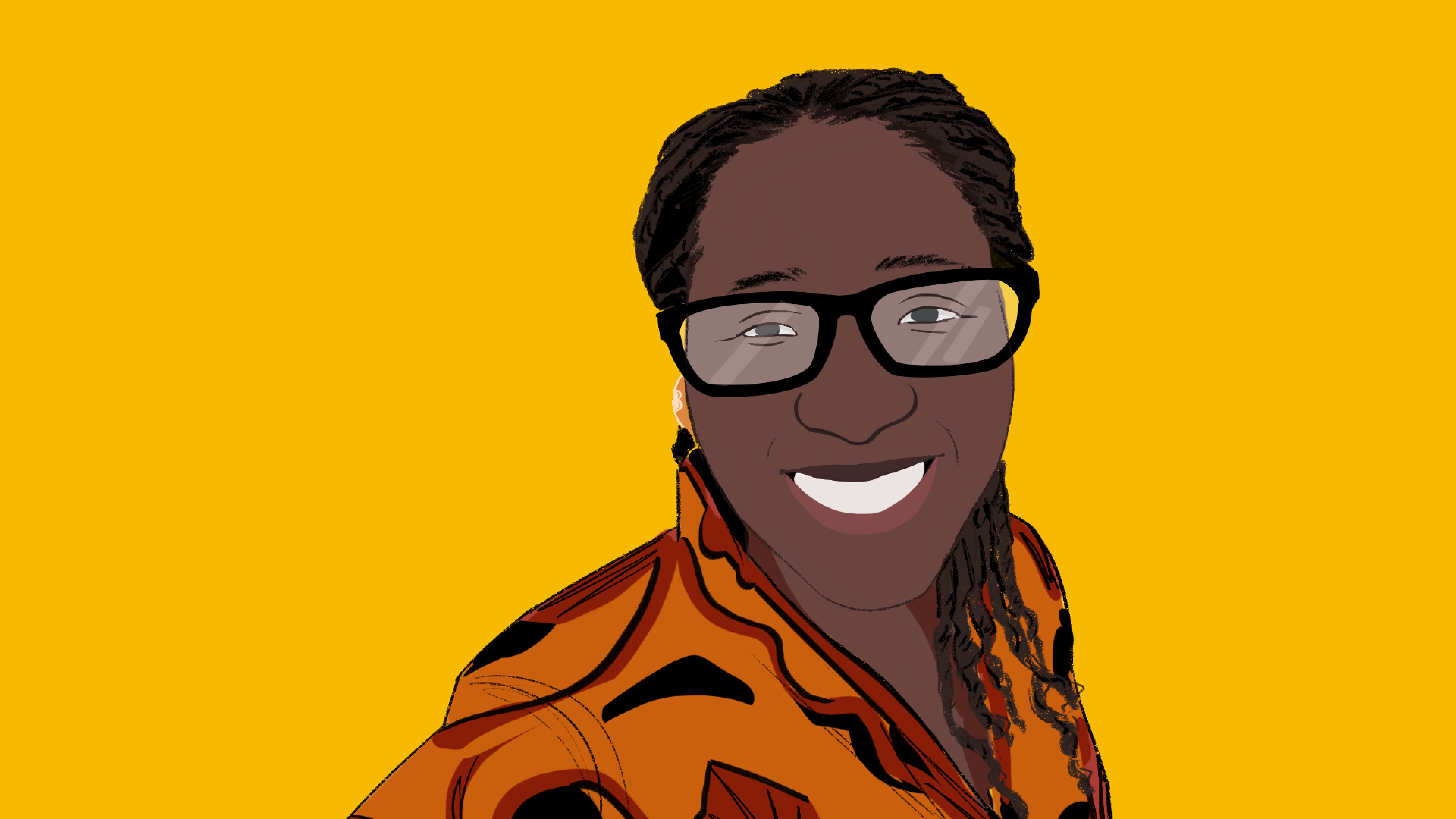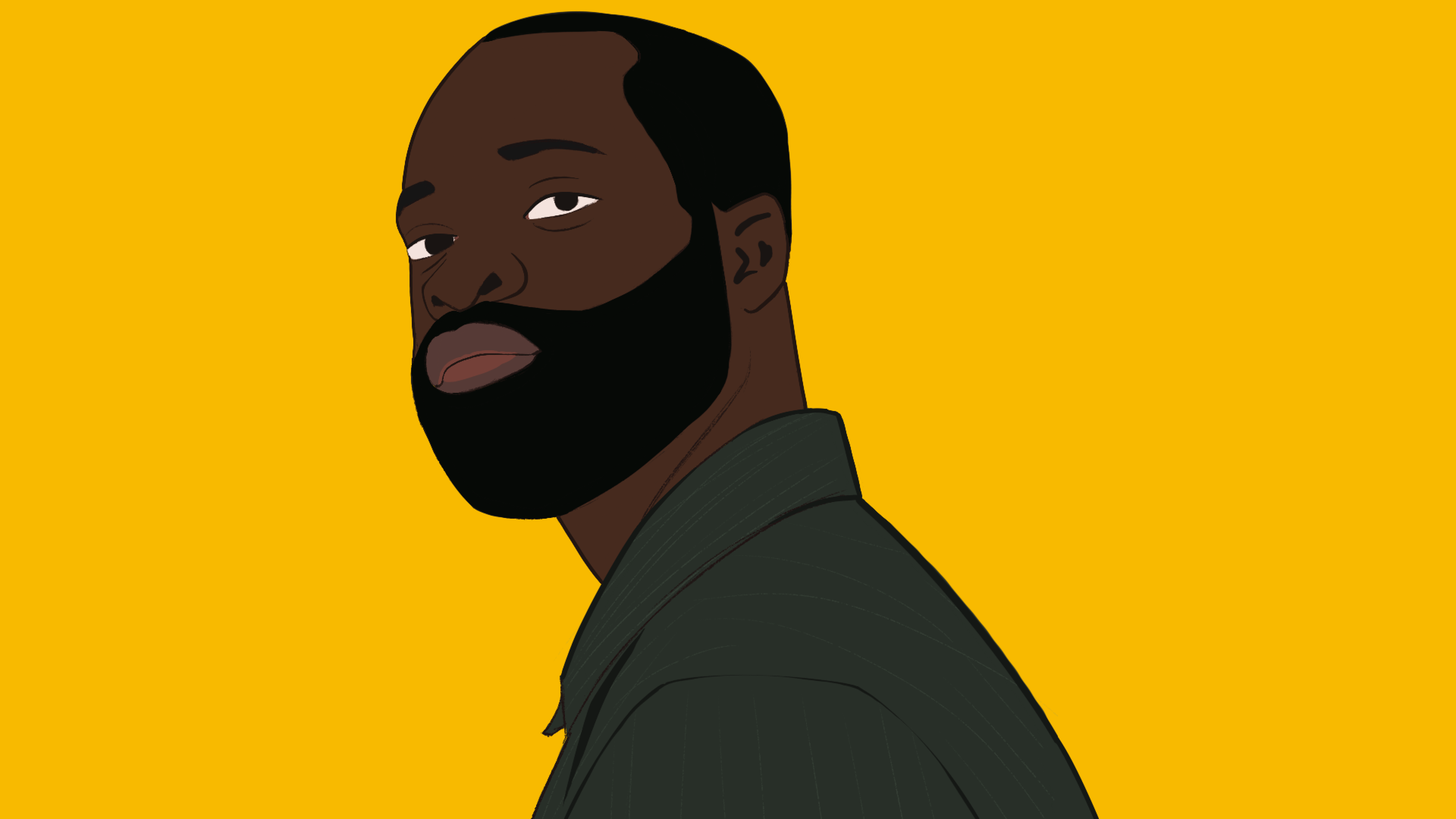The Books That Changed the Minds of Writers
The joy of being a reader lies in discovering new thoughts, ideas, and histories. Over the past year, we have asked some authors about the books that changed their minds about something. Here’s what they told us.



